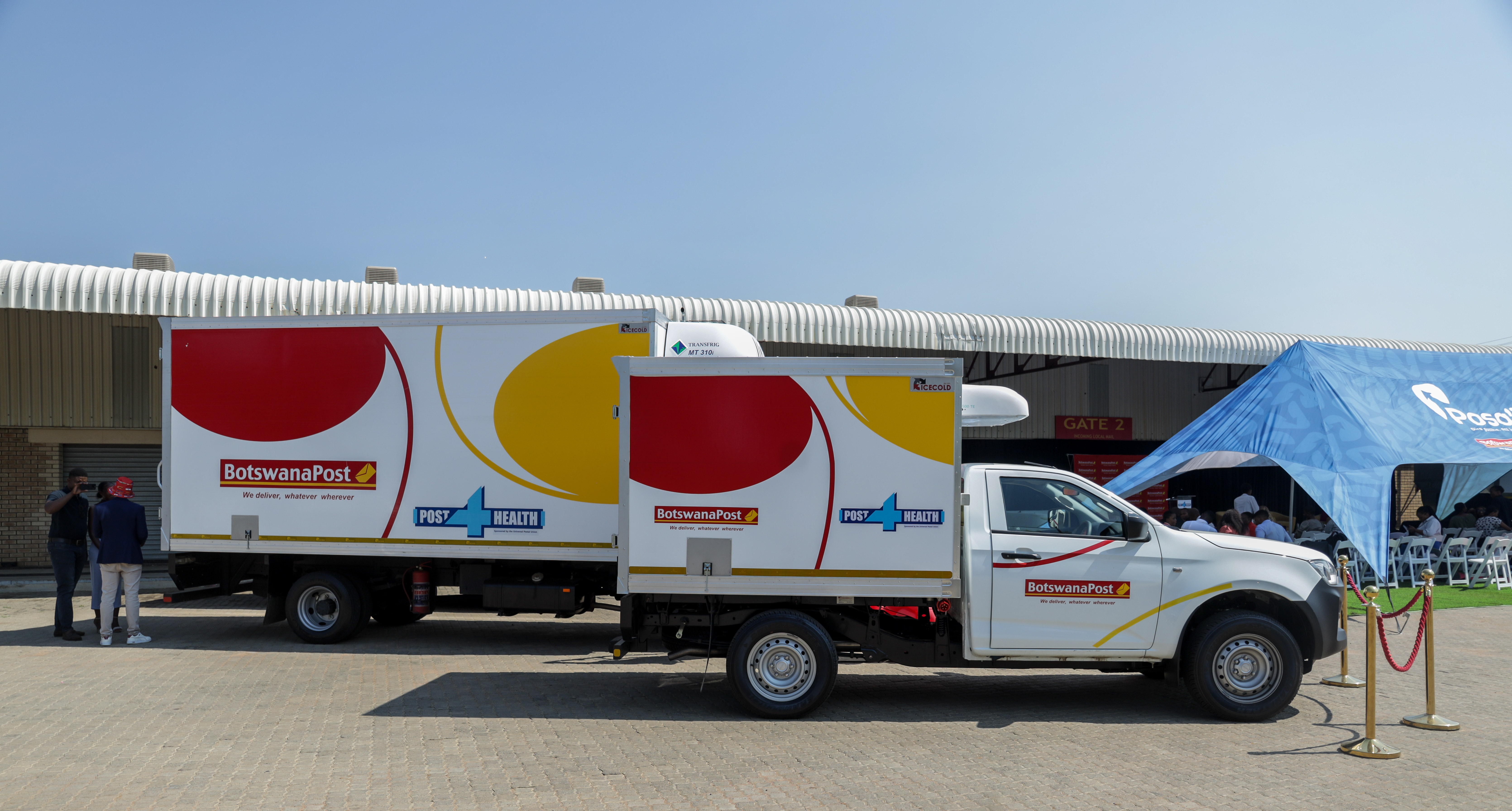The COVID-19 pandemic exposed vulnerabilities in healthcare logistics, including social isolation and vaccine accessibility gaps. Through the Universal Postal Union (UPU) Post4Health project, Posts extended their scope beyond mail delivery to bridge logistical gaps and improve healthcare accessibility for three billion people in remote areas. (Source: UPU – Post4Health))
During the pandemic, many countries faced significant challenges in distributing COVID-19 vaccines owing to limited infrastructure, supply chain inefficiencies and inadequate cold chain systems. Posts emerged as key players in accelerating vaccination efforts, by leveraging their networks, infrastructure and logistical expertise to ensure the safe and timely delivery of temperature-sensitive vaccines.This emergency response to safeguard equitable access to COVID-19 vaccines has evolved into a sustainable model for delivery of healthcare essentials. Through partnerships with governments, donors and postal operators, postal networks have become critical to public health delivery.
Post4Health has enabled postal operators to strengthen their capacity and address national healthcare demands by acting as key partners for health ministries. With guidance from the UPU, postal networks have reaffirmed their role as critical infrastructure by expanding beyond traditional logistics and supporting large-scale, time-sensitive healthcare operations. This includes the distribution of COVID-19 tests, personal protective equipment and medicines, demonstrating the postal sector’s adaptability to global health challenges.
Argentina is among the countries that have successfully integrated Post4Health into their healthcare strategy. At the height of the COVID-19 pandemic, Correo Argentina, the national postal operator, played a pivotal role in distributing vaccines and ensured that life-saving doses reached hospitals, clinics and vaccination centres.
Namibia has also incorporated Post4Health into its last-mile healthcare delivery plan. The project has helped to relieve pressure on hospitals and clinics that previously struggled to receive timely deliveries of medical supplies owing to geographical barriers and weak transport systems. Namibia Post has partnered with the health ministry to secure consistent deliveries of medicines, vaccines and primary medical kits, which has improved healthcare access for communities.
On 6 February 2025, BotswanaPost announced that it would procure four temperature-controlled vehicles with Post4Health support. These vehicles maintain strict temperature control, keeping vaccines and other perishable medical supplies viable during transport.
During the official Post4Health launch in Gaborone (Botswana), the Hon. Mr David Tshere, Minister of Communications and Innovation, and the Hon. Mr Shawn Nthaile, Assistant Minister, emphasized the significance of the initiative.
“The Post4Health initiative ensures that essential medicines, vaccines and medical supplies reach all corners of the country – particularly our most underserved communities,” said Mr Tshere. (Source: BotswanaPost)
Elise Servat, International Partnerships and Inter-agency Affairs Officer at the UPU, added that the success of Argentina, Namibia and Botswana had increased demand for Post4Health’s practical and cost‑effective healthcare distribution solutions from countries lacking medical transport resources. She highlighted that, by equipping postal operators with cold chain vehicles, storage facilities and training, the initiative would ensure that critical medical supplies reach communities.
Nevertheless, the sustainability of Post4Health depends on continued donor support. As global demand for participation in the initiative grows, many countries may struggle to enhance their healthcare logistics if Post4Health is not adequately funded. These healthcare logistics are indispensable to fostering global health security and building community resilience.
Post4Health continues to explore ways to reinforce public health systems, including by expanding digital health solutions that connect rural patients with urban healthcare providers. The initiative also aims to strengthen financial access to healthcare through postal banking systems that could offer micro‑financing, insurance and payment solutions, making treatments affordable for families. Additionally, Post4Health is improving pandemic preparedness by integrating real-time tracking systems and supply chain analytics to improve healthcare logistics and emergency response efforts.
This article first appeared in Union Postale Spring 2025.
